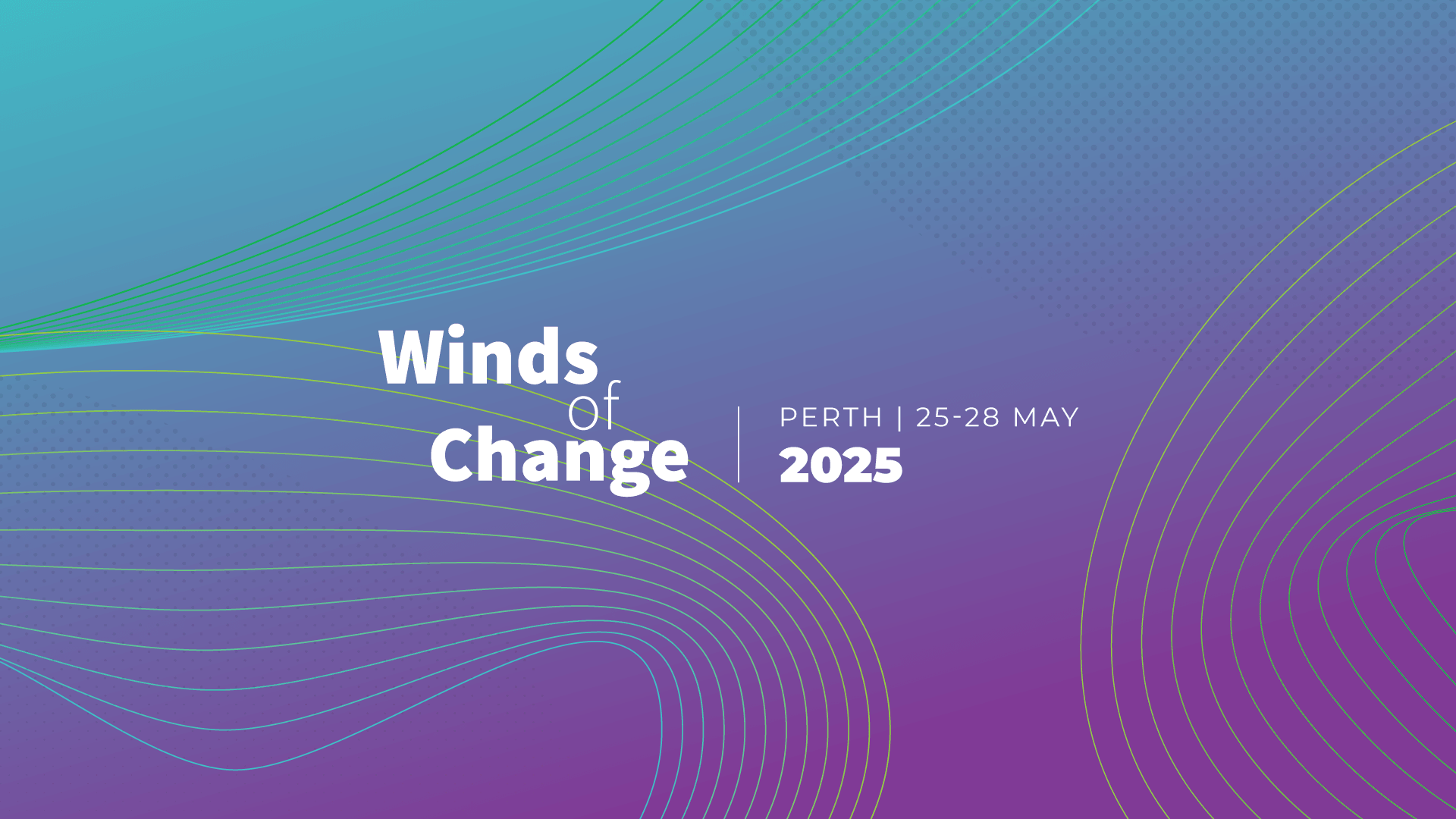
Check, Double Check, Then Collaborate: Changing Global Perspectives of Research Security
May 26 2025, 10:50 - 11:20 (AWST)
In the last two decades, universities have undertaken a drastic re-engagement with their agendas of conducting of research in the national interest. Yet the historical independence of universities has been modified by geopolitics, with these institutions collaborating more frequently with arms of government (such as the military, intelligence agencies or law enforcement) on their research endeavours. Further, the commonality of research partnerships with overseas individuals and entities – absolutely crucial to the development of diversity in opinions and views – is being challenged in the face of subordination, manipulation or interference by malicious actors.
In response, the paradigm of “research security” has emerged – the practice of protecting university-led research from interference, co-option or diversion by foreign powers for reasons of national interest. However, the precise contours of what constitutes appropriate and responsible research security controls in the higher education environment remain simultaneously contested and poorly explored. Common approaches – such as banning student visas or research contracts based on the nationality of the applicant – often risks violating human rights (such as the right to education and the right to the benefits of science) as well as constituting an improper act of racial discrimination.
This presentation will survey the global landscape of research security and summarise the forms of controls typified in such regimes, as well as exploring the utility and drawbacks associated with the use of hard law versus soft law in the institution of research security controls. It will also develop several key lessons that could be learned in respect of cyber and IT protections for higher education research.
THETA acknowledges the Traditional Owners of the lands where we live, learn and work. We pay our respects to Elders past and present and celebrate the stories, culture and traditions of all First Nations people.
